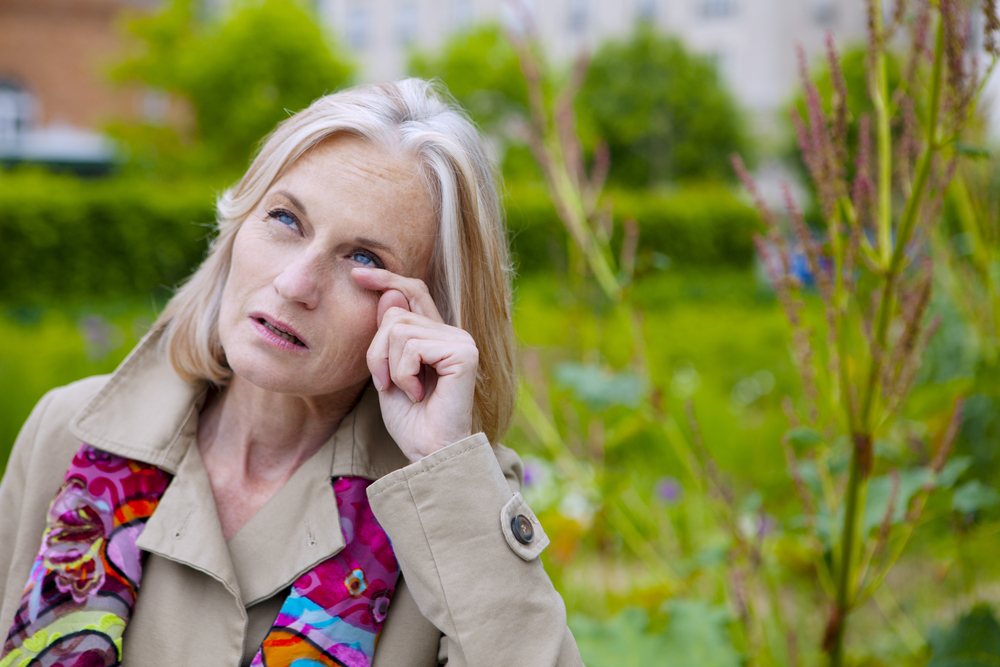
Telling the difference between seasonal allergies and dry eyes can be difficult. Most Americans suffer from red, dry, and itchy eyes, especially during summer and spring. Seasonal allergies can have symptoms like those of dry eyes.
Most people experience pollen allergies during spring. It also happens that dry eye disease also peaks at that time of the year. What’s more, an individual can suffer from seasonal allergies and dry eye disease simultaneously.
Dry Eyes
According to research, up to five million individuals in the United States experience dry eyes. The condition occurs when the eyes cannot produce enough tears for lubrication. It also develops if your tears dry up or evaporate quickly.
The meibomian gland dysfunction (MGD) is the cause of dry eye syndrome. It occurs when there is a blockage in the glands, thus inhibiting the production of oils that help lubricate the eyes.
Dry eyes can seem like seasonal allergies, especially if you try to diagnose yourself. Your eyes may lack lubrication because of underlying conditions such as rheumatoid arthritis. Spending too much time on the screen can also contribute to your eyes becoming dry.
Causes of Dry Eyes
- Side effects from some drugs, such as antihistamines.
- Aging, especially in menopause.
- Smoking.
- Low humidity.
- Dehydration.
If you have dry eyes, you will feel like something is in your eyes. You will also have a stinging or burning sensation in them. Most people with this problem usually have a stringy discharge around their eyes and experience blurry vision and eye redness.
Seasonal Allergies
Allergies that occur during some seasons are seasonal. You experience it when your body reacts to an allergen like pollen, which causes your allergic reaction. Pollen is among the most common allergens from wind-pollinated plants, such as weeds, trees, and grasses.
Seasonal Allergies Symptoms
- Red eyes.
- Stinging or burning eyes.
- Itchy eyes.
- Nasal congestion and runny nose.
- Watery discharge coming from the eyes
- Sensitivity to light.
- Swollen eyelids.
Seasonal Allergies Compounding Dry Eyes
Dry eye symptoms can heighten when you spend most of your time outdoors during seasons such as summer and spring. Eye irritation increases from exposure to dust, sunlight, and sweat. Some studies show a connection between seasonal allergy symptoms and those of dry eyes.
If you suffer from either of the two, it is essential to avoid pollen, dry air, smoke, wind, and other stimulants that worsen the condition. Consider having protective eyewear when outdoors. Also, use a humidifier while indoors to relieve your dry eye symptoms. Avoid sitting near the air conditioner or fan, and keep your house dust-free. Try to stay indoors whenever there is a high count of pollen.
How to Differentiate Dry Eyes and Seasonal Allergies
Despite the connection dry eyes have with seasonal allergies, getting a proper diagnosis from a doctor is ideal. Visit your eye care specialist to know what causes your eye discomfort.
If you experience seasonal allergies, the significant cause is how your body responds to the allergens. You are likely to experience an itchy and burning sensation. However, the symptoms end once the season is over and pollination stops.
For more about dry eyes and seasonal allergies, call Advanced Eyecare Consultants at our office in Libertyville or Lake Zurich, Illinois. You can also call 847-994-4500 or 847-438-7700 to book an appointment today.








